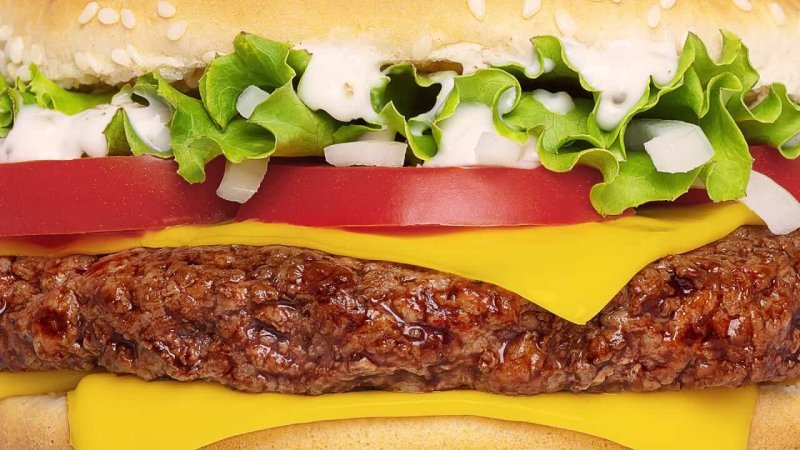[O]ne-sixth of the world’s greenhouse gas emissions are directly attributable to raising livestock, and the figure is rising as more countries enter the global middle class. For most Americans, cutting meat out of their diets would reduce global warming more than giving up driving …. But …. Americans don’t really care about all that. Or, perhaps more subtly, many of them do care. But weighed against the panoply of meat-related rewards …. the moral and environmental costs of meat register as real, yet ignorable.
…
[T]oday, there are a number of promising plant-based food companies, like Impossible Foods, that have made promising strides toward excellent meat-like alternatives. But to satisfy people’s lust for actual meat, scientists may have to achieve the paradoxical: produce animal meat that didn’t technically come from an animal.Mark Post, a Dutch scientist who designed and tasted the first ever lab-grown burger from stem cells [said] “It wasn’t even that good,” invoking the first pancake rule that governs all human experience.) Post says that scientists’ ability to control the fat and protein density of lab-grown meat could lead to a future where millions of people prefer the consistency and taste of meat that didn’t come from a messy, bloody, imperfect mammal ….
Read full, original article: Will We Ever Stop Eating Animal Meat?































